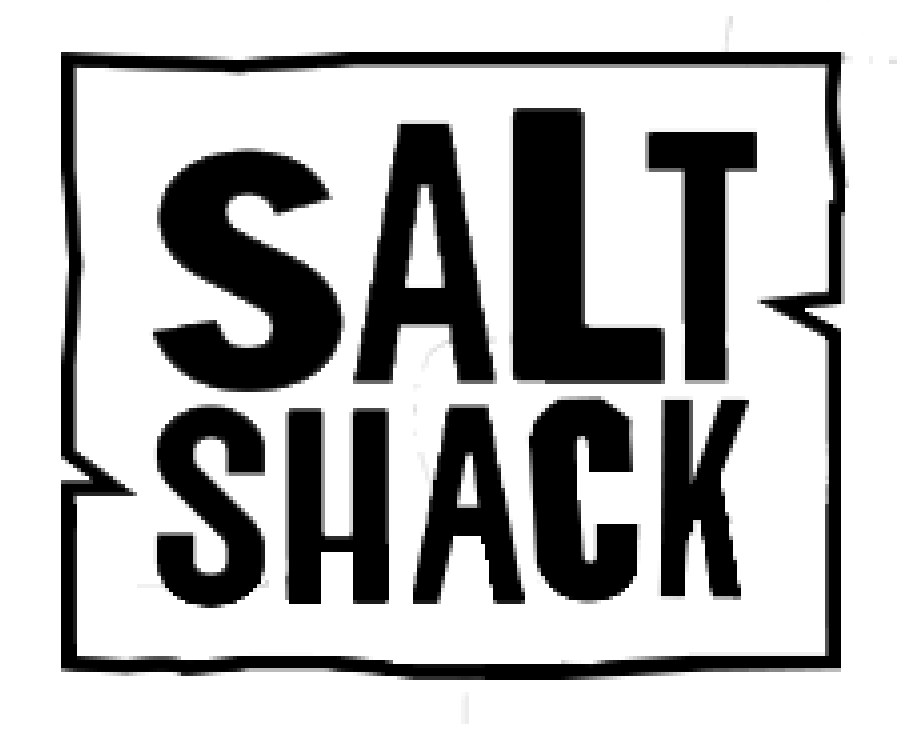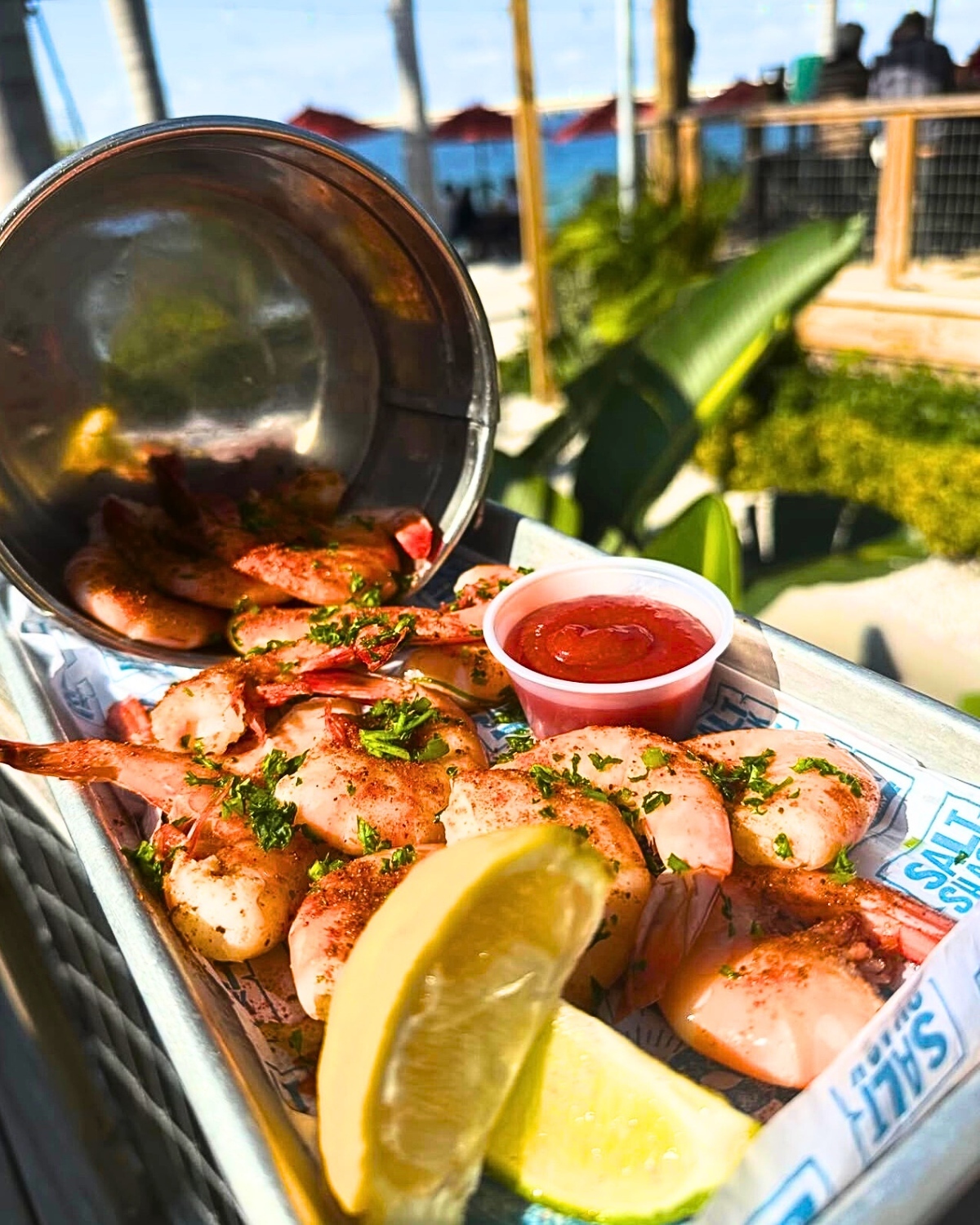Inauthencity Rate Goes from 96% to 86% in Eight Months
Without laws, change is too slow to save our coastal communities
Tampa/St. Petersburg, FL – September 17, 2025 – A follow-up investigation into shrimp sourcing in Tampa and St. Petersburg restaurants has revealed both stubborn misrepresentation and encouraging progress. Using SeaD Consulting’s patented Rapid ID Genetic Hi-accuracy Test (RIGHTTest™), testing conducted September 10–12, 2025, shows that while mislabeling remains rampant, several restaurants previously serving imported shrimp are now verified to be serving genuine American wild-caught shrimp.
Florida’s economy depends on tourism dollars, and visitors expect regional seafood options, particularly in coastal locations like Tampa/St. Pete. Serving them imported farmed shrimp, when not expected or wanted, is misleading and inauthentic. Other states, like Alabama, Louisiana, Mississippi, and Texas, have laws to prevent this sort of deception. Florida needs legislative action as quickly as possible to catch up with those states offering consumer protections.
Findings From Tampa/St. Pete Retesting of 22 Restaurants
- 3 of 22 restaurants (14%) served authentic domestic wild-caught shrimp in the sampled dishes.
- 1 of 3 restaurants (Salt Shack on the Bay) consistently served shrimp in both rounds of testing. (Stillwater Tavern in St. Pete was not in the new randomly generated sample list but was found to be authentic in the January 2025 test).
- 2 of 3 restaurants —4th Street Shrimp Store (and one other restaurant that did not want to be identified)— previously served imports but are now verified to be serving American wild-caught shrimp.
- 19 of 22 restaurants (86%) served imported farm-raised shrimp in the sampled dish.
- 19 of 19 consistently served imports across both tests.
- 12 of 19 were explicitly inauthentic, with menus or staff describing shrimp as Gulf or domestic when testing revealed otherwise.
- 7 of 19 were implicitly inauthentic, with branding, marketing, or context suggesting local shrimp despite imports being served.
“This progress proves that transparency works — but without strong state labeling laws, it happens far too slowly.” said Erin Williams, Founder and COO of SeaD Consulting. “Testing what is on the diner’s plate is the only way to know what is being served. These results often come as a shock to consumers who trust the restaurants to serve what they’re paying for.”
The Bigger Picture
Imported shrimp, reportedly often produced under unregulated labor and environmental standards, continues to erode Florida’s shrimping economy while misleading diners who believe they are supporting local fishermen. States like Louisiana, where strict laws prohibit seafood mislabeling, show far lower rates of inauthenticity — underscoring that legislation accelerates honest sourcing.
Blake Price, Deputy Director of the Southern Shrimp Alliance, said: “We want restaurants to succeed by serving better-tasting American shrimp, not succeed by lying about it. Truth in advertising isn’t just honest—it’s what keeps our fishing families working and our communities alive.”
Call to Action
Consumers can drive change:
- Ask questions when ordering shrimp and demand transparency.
- Support verified restaurants serving authentic American wild-caught shrimp.
- Tourists are encouraged to support authentic restaurants with their dollars.
- Insist on legislation in Florida to hold restaurants and purveyors accountable for mislabeling, ensuring diners get what they pay for, and fishermen get a fair chance.
“Every verified American wild-caught shrimp plate is a win,” Williams added. “But without legislation, consumers bear the burden of sorting fact from fiction. Florida’s lawmakers need to step up and safeguard both the industry and the public.”
About the Southern Shrimp Alliance
The Southern Shrimp Alliance (SSA) represents shrimp fishermen, processors, and businesses in the eight warmwater shrimp-producing states: Alabama, Florida, Georgia, Louisiana, Mississippi, North Carolina, South Carolina, and Texas. SSA funds multi-state investigations into seafood mislabeling to protect the domestic shrimp industry and consumers.
About SeaD Consulting
SeaD Consulting collaborates with seafood producers, researchers, governments, and environmental advocates to promote sustainability and truth in seafood sourcing. SeaD holds the patent for the RIGHTTest™ (Rapid ID Genetic High-Accuracy Test) and leads landmark studies across the Gulf and beyond.
For more on the investigation, photos, B-roll, SME interviews, contact Glenda Beasley at 512.750.5199.
Disclaimer: SeaD’s testing and reporting is intended to be used as an investigatory tool to assist the restaurant industry’s fight against seafood mislabeling and is not intended for use in any legal proceedings, nor may SeaD’s data, testing, or reporting be used in any legal proceeding without the express written authorization of SeaD.



